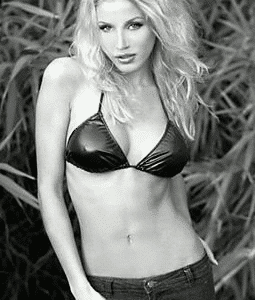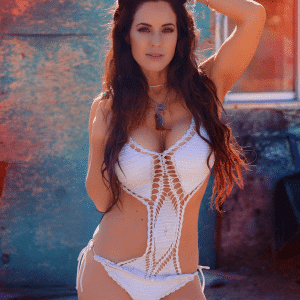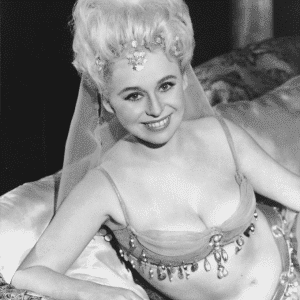Making a bold change, like cutting your hair into a short style, can feel exhilarating. For many women, the decision to chop off their locks is about more than just a fresh look—it’s a way to reclaim control over their own appearance and, sometimes, even make a statement. But what happens when the people closest to you, particularly men, have a negative reaction? Let’s explore why short hair can stir up so many strong opinions and why it ultimately represents so much more than just a new hairstyle.
The Decision to Cut: A Personal Transformation
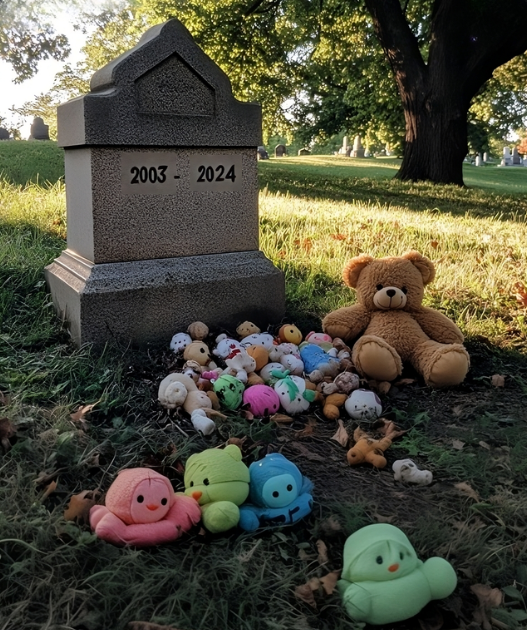
I recently decided to cut my hair into a pixie style. It was a deliberate choice, a step toward leaving behind negativity and embracing change. When I looked in the mirror, I felt refreshed, empowered, and a little rebellious. But my husband had a different reaction. His words were blunt: “You look awful, like a man.” He even suggested I wear a wig until my hair grew back.
In that moment, I questioned myself. Did I make a mistake? Was my new haircut really that bad? But as the days went by, I started to feel more certain about my choice. Why should his opinion dictate how I feel about my own appearance? And why did he, like so many other men, seem to hold such strong opinions about women’s hair?
The Social Implications of Hair: Why It Matters So Much
Hair is often seen as a symbol of femininity, particularly in Western cultures where long hair is associated with youth, beauty, and traditional womanhood. Since childhood, we’re shown images of princesses with flowing hair and told that this is what makes them beautiful. Many people, especially men, have absorbed these cultural messages, which can lead to resistance when a woman defies these norms.
Dr. Alexander Edmonds, a professor of social anthropology, points out that society has ingrained the idea of hair as a marker of gender identity. When women choose to wear their hair short, it challenges the traditional concept of femininity. This can be unsettling for some men, who might see it as a rejection of the cultural expectations placed upon women to look a certain way. In fact, shorter hair has often been linked with independence and strength—qualities that aren’t always encouraged in traditional feminine ideals.
Facing Judgment: Why Do Men React So Strongly?
After my haircut, I encountered several remarks from male friends and colleagues. One said he “prefers long hair on girls,” while another suggested I looked more beautiful with my previous style. My experience is far from unique; many women who cut their hair short find that they receive unsolicited comments, particularly from men.
Why such a visceral response? Part of it may stem from the notion that men are accustomed to viewing women in a way that aligns with their own preferences. For some, long hair is synonymous with femininity and attractiveness. When a woman chooses to cut her hair, it disrupts this image, which can make some men feel uncomfortable or even challenged.
In some cases, the reaction can be more extreme. Many women, especially those working in male-dominated fields, report experiencing negative comments and even subtle forms of discrimination after cutting their hair. Eva, a stockbroker, decided to chop her hair into a bob in hopes of being taken more seriously in the workplace. Instead, she faced offensive remarks and inappropriate jokes from her male colleagues. It’s a stark reminder that society often links women’s hair to their perceived femininity and attractiveness, and that defying this norm can bring backlash.
The Power of Short Hair: Reclaiming Identity and Defying Stereotypes
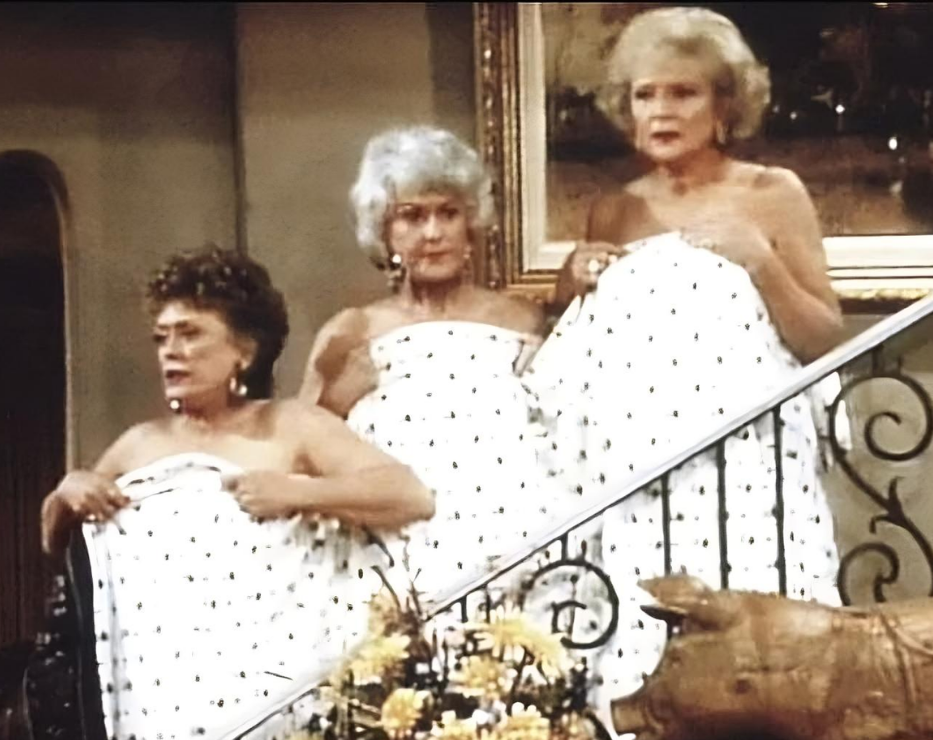
For many women, choosing a short hairstyle is about more than aesthetics; it’s a statement of independence. Hair has always played a role in how society defines gender, and by choosing a style that diverges from the norm, women can take back control of how they’re seen and define their beauty on their own terms.
In her research, Dr. Victoria Showunmi explains that short haircuts have long been perceived as a signal of strength and seriousness. This perception even extends into the professional world, where women with shorter hairstyles are often viewed as more competent and authoritative. It’s no coincidence that prominent female leaders, such as politicians and business executives, frequently sport shorter, professional haircuts. By cutting their hair, women may be asserting a desire to be taken seriously, rather than simply conforming to traditional standards of beauty.
The Double Bind: Balancing Beauty and Professionalism
Women often face a double bind when it comes to their appearance: long hair is seen as beautiful and feminine, but short hair can imply professionalism and authority. Mary Bock, a professor at the University of Texas, notes that women in media, particularly broadcast journalism, are frequently encouraged to adopt a “uniform” look—usually short to medium-length hair that projects a sense of seriousness.
However, this dichotomy can feel like a trap. On one hand, women may receive more positive attention and validation with longer hair, but they may also struggle to be taken seriously. On the other hand, shorter haircuts may help project authority and competence but can invite criticism about their femininity. For many women, the choice to cut their hair becomes a balancing act between beauty and respectability, personal style, and societal expectations.
Celebrating Diversity: Women’s Hair as a Form of Expression

While society often sends mixed messages about hair, the truth is that a woman’s hair should be whatever she wants it to be. For some, long hair may feel authentic and comforting, while others find that short hair brings them confidence and strength. Hair is a form of self-expression, a way for women to communicate who they are and what they value.
The pressure to conform to traditional ideas of beauty is particularly challenging for women of color. Dolly Ogunrinde, a British-Nigerian woman, faced ridicule when she decided to shave her chemically damaged hair and embrace her natural texture. Her experience speaks to the broader issue of how cultural standards of beauty can make it difficult for women to embrace hairstyles that reflect their own heritage and identity.
Conclusion: Embrace the Hair That Feels Right for You
Ultimately, hair is a deeply personal choice. Whether you choose to wear it long, short, or somewhere in between, it should reflect who you are and what makes you feel your best. Cutting my hair has been liberating; it’s a reminder that beauty isn’t about fitting into someone else’s definition but about feeling comfortable and confident in my own skin.
So to every woman considering a change—whether it’s a pixie cut, a bob, or a bold shave—embrace the hair that feels right for you. Let’s celebrate diversity in beauty, challenge outdated norms, and remember that our hair, like our lives, is ours to shape.
